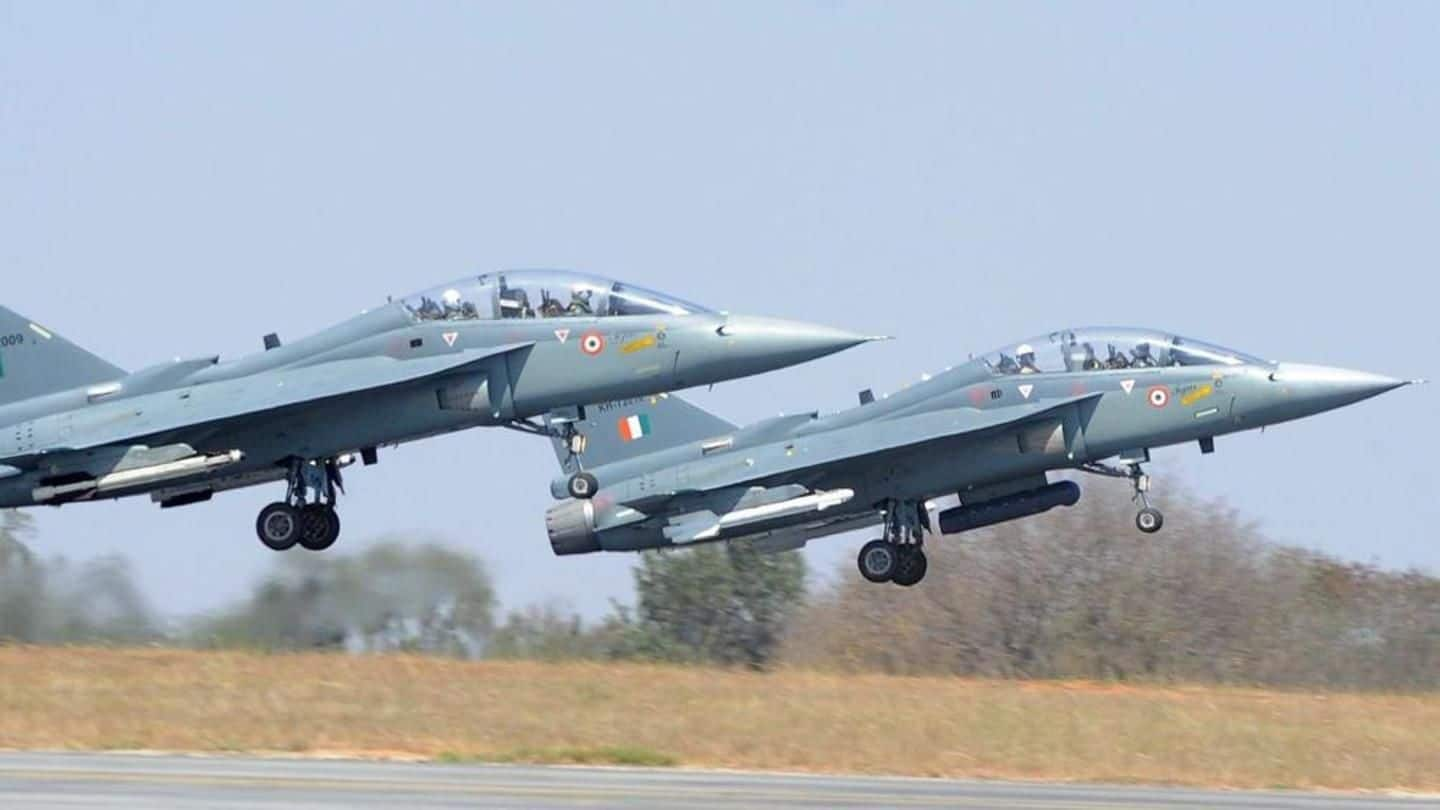
IAF Chief: Social media addiction caused a crash in 2013
What's the story
In a rather shocking revelation, Indian Air Force Chief BS Dhanoa said on Friday that sleep deprivation, resultant of social media usage, caused an IAF jet to crash in 2013.
The revelation came on the back of Dhanoa's concerns about pilots not getting adequate sleep because of social media.
Now, he is looking for a system to identify sleep deprived pilots.
Here are the details.
Quote
Flights are in the mornings, and pilots are sleep deprived
"Everybody appears to be spending long hours on social media, late nights. Most flight briefings, sometimes, are as early as 6 am and pilots haven't had enough sleep," explained Dhanoa, speaking at the 57th Indian Society of Aerospace Medicine conference in Bengaluru.
The crash
Dhanoa was referring to the 2013 Uttarlai crash
The crash that Dhanoa referred to was the 2013 crash at Uttarlai, near Barmer in Rajasthan.
Dhanoa said that the crash had resulted "because of continuous sleep deprivation for a number of days."
The IAF chief added that social media posed a "new challenge" to the Air Force because of the "changes" it was bringing to "our society".
Do you know?
The 2013 crash had resulted in the pilot's death
In July 2013, a MiG-21 Bison fighter jet of the Indian Air Force crashed while landing at the Uttarlai base in Rajasthan's Barmer district at around 9.30 in the morning. The pilot sustained fatal injuries in the crash and eventually succumbed to his injuries.
Sleep deprivation
How sleep deprivation is affecting IAF pilots
Indeed, Dhanoa's concerns seem to be reflected in a survey report published by the Taylor & Francis Group.
This survey, conducted at the Institute of Aerospace Medicine (IAM), Bengaluru, revealed that almost one-third of the participants were prone to drowsiness in the cockpit as a result of sleep deprivation.
Pilots reported decreased attention, increased reaction time, concentration lapses, and poor aircraft handling as side-effects.
System
Dhanoa has urged IAM to design a system
In the hopes of finding a solution to the problem, Dhanoa has urged the Institute of Aerospace Medicine (IAM) to devise a system that can help identify sleep deprived pilots in pre-flight checks.
Such a system would enable the IAF to prevent unwarranted loss of life, property, and defense equipment that might result out of sleep deprived pilots flying.
Quote
Earlier, detecting sleep deprived pilots was easier
"Earlier if a pilot had one drink too many, the bar man would know. If he failed to notice, the others would know and he would be laid off flying for the day. Today we even have breath analysers," said Dhanoa, recalling simpler times.